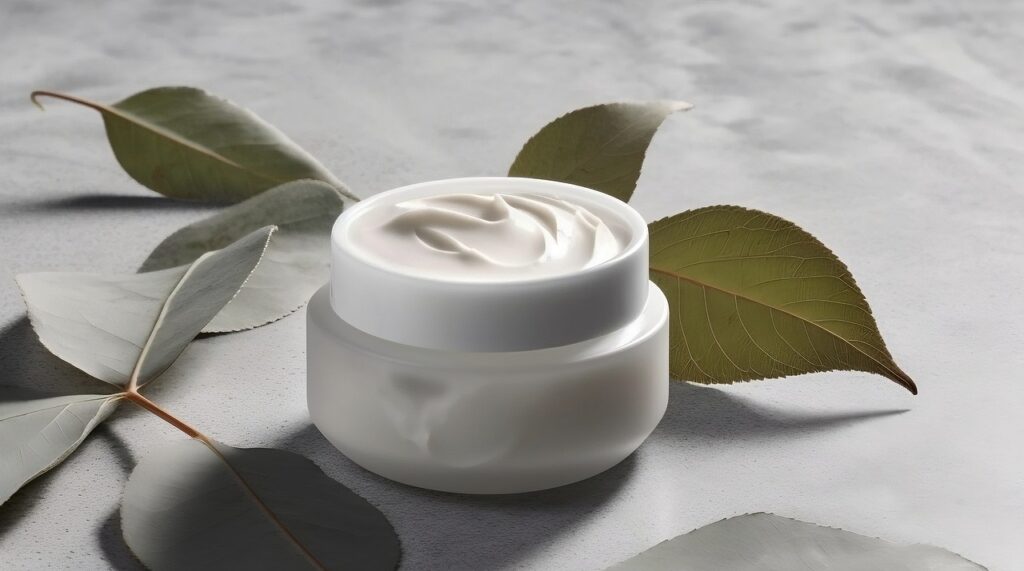Baricitinib and tofacitinib are two medications that have gained popularity in the field of dermatology in recent years. These medications belong to a class of drugs known as Janus kinase (JAK) inhibitors, which work by decreasing activity in the body’s immune system. This makes them useful in the treatment of various skin conditions, including psoriasis, atopic dermatitis, and alopecia areata, among others.
What is Baricitinib and Tofacitinib?
Baricitinib and tofacitinib are both JAK inhibitors that have been approved by the U.S. Food and Drug Administration (FDA) for the treatment of certain skin conditions.
- Tofacitinib was the first JAK inhibitor approved for dermatological use, gaining FDA approval in 2012 for the treatment of moderate to severe plaque psoriasis.
- Baricitinib followed suit, receiving FDA approval in 2018 for the treatment of moderate to severe atopic dermatitis.
What are Baricitinib and Tofacitinib used for in dermatology?
Baricitinib and tofacitinib are primarily used in the treatment of skin conditions that are characterised by inflammation and immune system dysfunction. Some of the most common dermatological conditions for which these medications are prescribed include:
- Psoriasis – Psoriasis is a chronic skin condition characterised by red, scaly patches on the skin. Baricitinib and tofacitinib are effective in controlling the symptoms of psoriasis by reducing inflammation and slowing down the growth of skin cells.
- Atopic dermatitis – Atopic dermatitis, also known as eczema, is a chronic skin condition characterised by dry, itchy skin. Baricitinib has been approved for the treatment of moderate to severe atopic dermatitis in patients who have not responded to other treatments.
- Alopecia areata – Alopecia areata is an autoimmune condition that causes hair loss on the scalp and sometimes elsewhere on the body. Tofacitinib has shown promising results in the treatment of alopecia areata by suppressing the immune response that attacks the hair follicles.
- Vitiligo – Vitiligo is a skin condition that causes patches of depigmented skin. Baricitinib and tofacitinib have been studied for their potential in treating vitiligo by modulating the immune response that destroys the melanocytes responsible for skin pigmentation.
- Dermatitis – Baricitinib and tofacitinib can also be used in the treatment of various forms of dermatitis, including contact dermatitis, nummular dermatitis, and seborrheic dermatitis, by reducing inflammation and suppressing the immune response.
Are Baricitinib and Tofacitinib safe for long-term use in dermatology?
While Baricitinib and Tofacitinib have shown efficacy in the treatment of various skin conditions, there are concerns about the long-term safety of these medications. Common side effects of JAK inhibitors include an increased risk of infections, liver toxicity, and an increased risk of blood clots. Before starting treatment with Baricitinib or Tofacitinib, patients should discuss the potential risks and benefits with their healthcare provider.
How long does it take for Baricitinib and Tofacitinib to work in dermatology?
The time it takes for Baricitinib and Tofacitinib to start working in dermatological conditions can vary from patient to patient. Some patients may start to see improvements in their symptoms within a few weeks of starting treatment. While others may take longer to respond. It is important for patients to follow their healthcare provider’s instructions and allow enough time for the medications to take effect.
Can Baricitinib and Tofacitinib be used in combination with other treatments in dermatology?
In some cases, Baricitinib and Tofacitinib can be used in combination with other treatments to improve efficacy. For example, JAK inhibitors may be used in combination with topical corticosteroids, phototherapy, or other systemic medications. The JAK inhibitors control inflammation and symptoms of skin conditions more effectively. It is important for patients to work closely with their healthcare provider to develop a comprehensive treatment plan that addresses their individual needs.
How does Baricitinib and Tofacitinib work?
These medications work by interfering with the signalling pathways that are involved in the inflammation and immune response that contribute to various skin conditions. By modulating the activity of the immune system, baricitinib and tofacitinib can help to reduce the symptoms of skin conditions such as redness, itching, and flaking.
How can I buy Baricitinib or Tofacitinib cream?
- Compounding pharmacies play a crucial role in providing specialised medications, such as Baricitinib and Tofacitinib, to patients with specific needs.
- In the field of dermatology, compounding pharmacies can provide Baricitinib and Tofacitinib in various formulations, concentrations, and delivery methods to suit the specific needs of patients.
- Compounding pharmacies can also play a role in providing access to Baricitinib and Tofacitinib for patients who may have difficulty obtaining these medications through traditional channels.
In conclusion, Baricitinib and Tofacitinib are valuable medications in the field of dermatology. Offering effective treatment options for a variety of skin conditions. These medications work by modulating the immune response and reducing inflammation, therefore making them effective in controlling the symptoms of psoriasis, atopic dermatitis, alopecia areata, and other dermatological conditions. Compounding pharmacies play a critical role in providing these medications to patients with specialised needs. Offering customised formulations and delivery methods to improve the efficacy and tolerability of treatment.
Patients should work closely with their healthcare providers. To determine the best treatment options for their individual needs. As well as to ensure the safe and effective use of Baricitinib and Tofacitinib in dermatology.

Lane Khin, the compounding pharmacist of My Skin Pharmacy, brings a wealth of knowledge from the worlds of pharmacy and dermatology to the table. With degrees in Pharmacy and Applied Science from QUT, Lane combines a deep understanding of compounding and skincare with a friendly, accessible approach. Through My Skin Magazine, Lane shares her expertise, offering readers practical advice and insights into personalised skincare solutions. Lane has a real passion for helping others achieve their best skin.


